#joseph desire court
Explore tagged Tumblr posts
Text

Joseph-Désiré Court
65 notes
·
View notes
Text

Joseph-Désiré Court (French, 1797-1865), Death of Hippolytus
597 notes
·
View notes
Note
hi! could you do one for a long term dying relationship?








(what we killed was love)
Richard Siken Dirty Valentine / Richard Siken Self-Portrait Against Red Wallpaper / Rainer Maria Rilke (tr. C. F. Maclntyre) The Second Elegy; Dunio Elegies / @/ratsandlilies.art (instagram) / Sylvia Plath Dialogue Between Ghost and Priest / Clarice Lispector The Stream of Life / @inanotherunivrse / Joseph-Désiré Court The Great Flood / Marina Tsvetaeva Poem of the End; The Selected Poems of M. T.
#on heartbreak#on loneliness#on longing#on yearning#poetry#web weave#web weaving#literature#richard siken#dirty valentine#self portrait against red wallapaper#rainer maria rikle#the second elegy#dunio elegies#sylvia plath#dialogue between ghost and priest#clarice lispector#the stream of life#joseph desire court#the great flood#marina tsvetaeva#poem of the end#writing#spilled poetry#spilled ink#dark academia poetry#dark academia#spilled thoughts#dark academia quote#poem
247 notes
·
View notes
Text

Joseph-Desire Court: "Scene of the Great Flood" (1827) 🌊 🇫🇷
Joseph-Désiré Court (14 September 1797, Rouen – 23 January 1865, Paris) was a French painter of historical subjects and portraits.
#classicart #classicalart #classicpainting #classicalpaintings #zeitgenössischekunst #traditionalart
Soundtrack: Maria by Orange Blossom

#Joseph-Désiré Court#Joseph Desire Court#french art#5/2023#portraits#historical#painter#1827#great flood#traditional art#classic#classic art#doomsday#x-heesy#music#now playing#music and art#real old art
45 notes
·
View notes
Text


Joseph Desiré Court (1797-1865)
Vénitiennes au Bal Masqué, 1837.
5 notes
·
View notes
Text

Joseph-Désiré Court (1797 – 1865) La mort d'Hippolyte, 1828 by
693 notes
·
View notes
Text
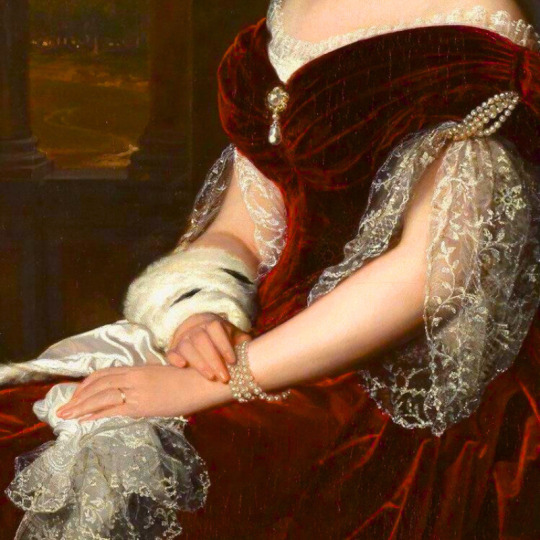

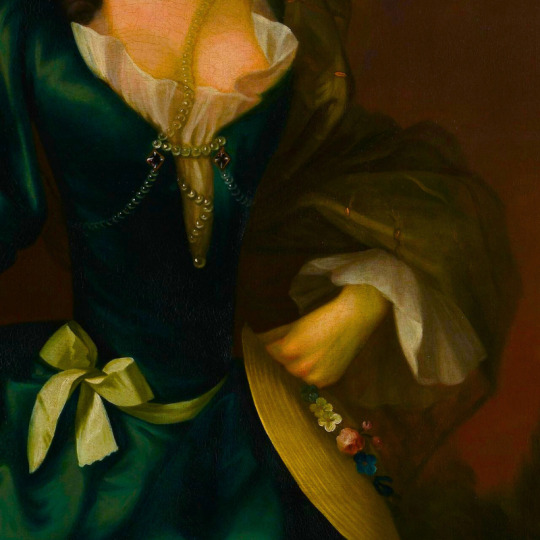


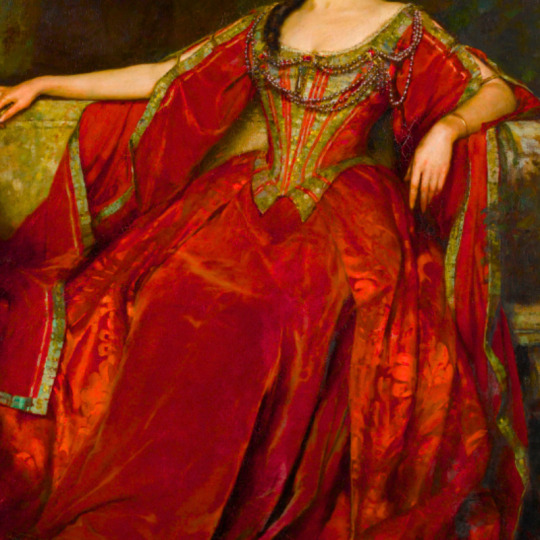

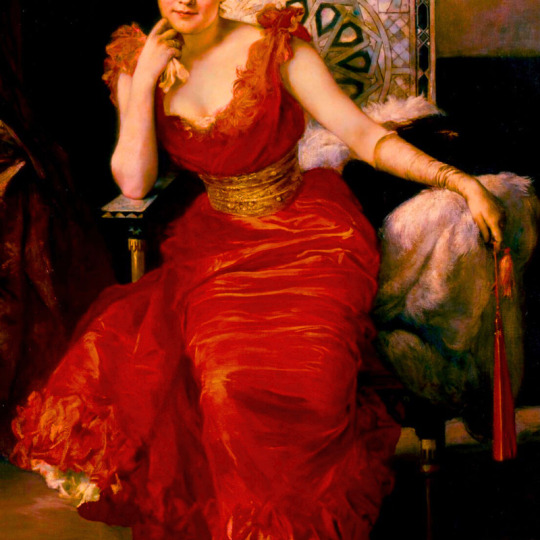


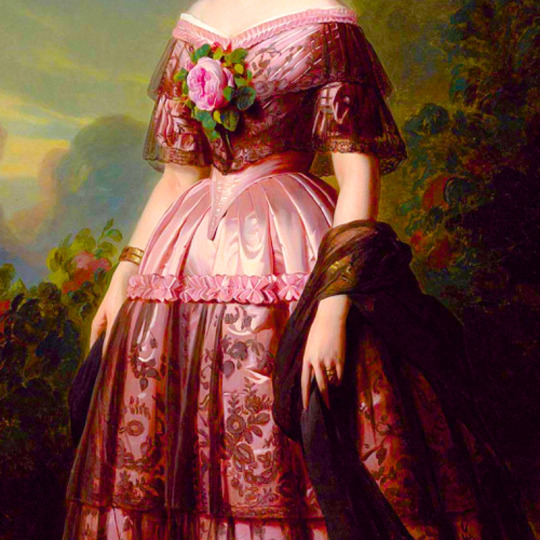

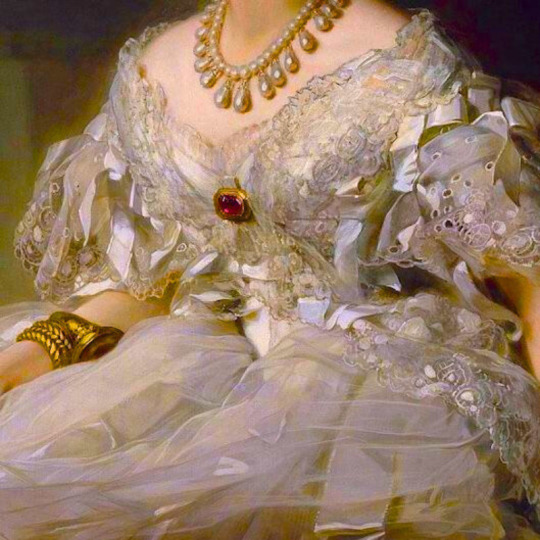



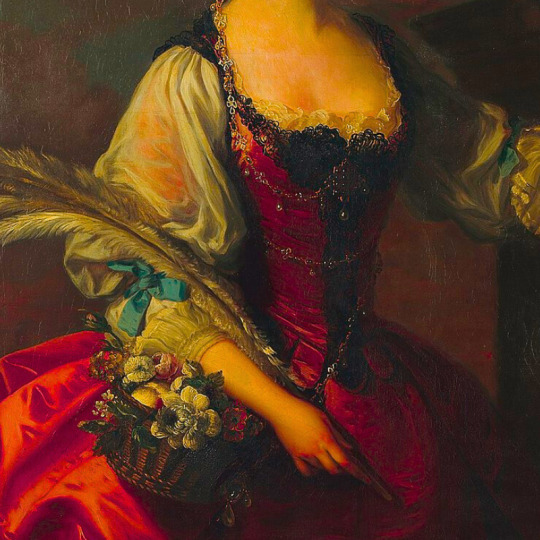

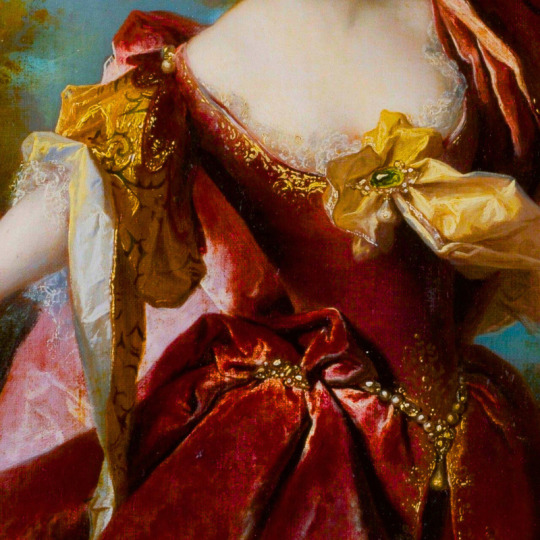



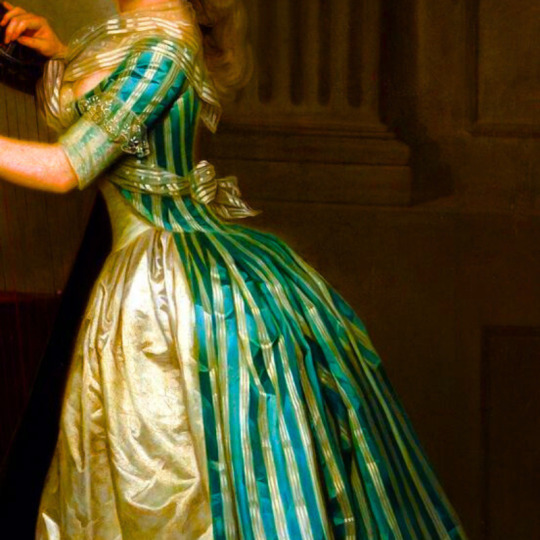
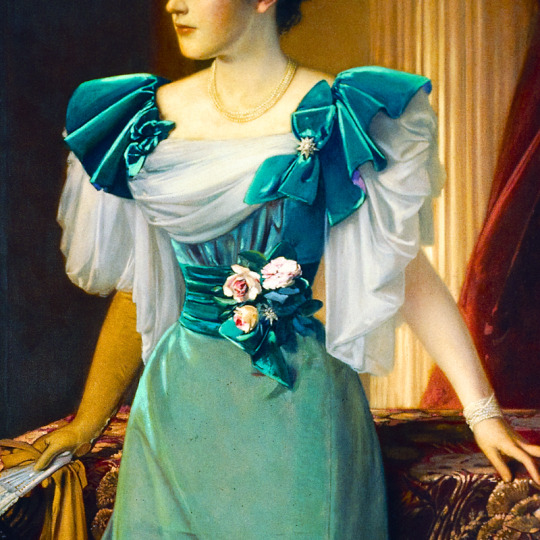



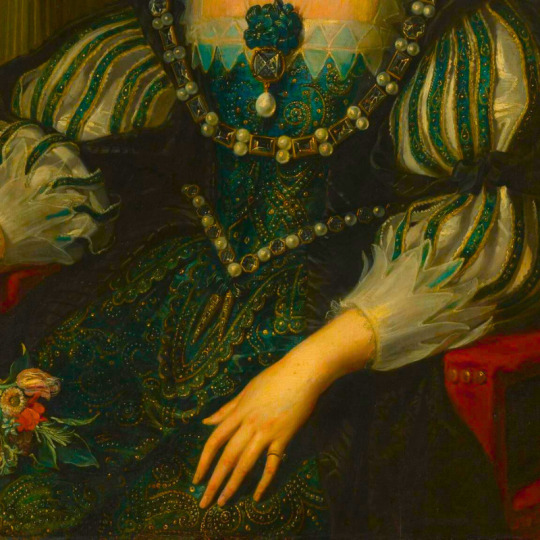


dresses + art
#portrait of sabina seupham spalding by federico de madrazo y kuntz#portrait of anne blackett by maria verelst#portrait of mary sylvester by joseph blackburn#portrait of lady and her daughter by philip alexius de laszlo#ms hugh hammersley by john singer sargent#alice crawford in the role of olivia in “twelfth night” by william logsdail#portrait of lady by jules louis machard#lady dr. m by friedrich august von kaulbach#i cannot find this artist for some reason#juene suissesse de brienz by joseph desire court#princess maria carolina augusta of bourbon by franz xaver winterhalter#portrait of josefa del aguila ceballos by federico de madrazo#princess tatiana yusupova by franz xavier winterhalter#portrait of a lady in a white gown by unknown#fairies by madeleine jeanne lemaire#portrait of a lady by hugh de twenbrokes glazebrook#phila franks by thomas hudson#portrait of marguerite de seve by nicolas de largillere#portrait of marie-anne de chateauneuf by nicolas de largillere#penelope bayfield by thomas hudson#portrait of louise-elizabeth of france with her son by adelaide labille-guiard#i cant find this artist so if someone knows please let me know#self-portrait with harp by rose-adelaide ducreux#portrait of irma geijer nee von hallwyl by julius kronberg#countess carolina maraini sommaruga by vittorio matteo corcos#portrait of millicent duchess of sutherland by john singer sargent#flaming june by sir frederick leighton#portrait of anne of austria by peter paul rubens#judith by eglon hendrick van der neer#portrait of donna franca florio by giovanni boldini
1K notes
·
View notes
Text




Scene of Deluge/Scene from the Great Flood (1826) - Joseph-Désiré Court
#oil on canvas#oil painting#romantisism#19th century#19th century art#19th century painting#NOT baroque#but thematically and visually similar enough so#baroque#baroque painting#biblical art#the flood#deluge#Joseph-Desire Court#art academia#dark academia#french art#french artist#french painter
18 notes
·
View notes
Photo

Joseph-Désiré Court (detail)
217 notes
·
View notes
Text

Joseph-Desire Court, Half-Length Woman Lying on a Couch (1829)
#artwork#art#fine art#painting#classical art#oil painting#classic art#paintings#gallery#detailed art#joseph désiré court#Joseph-Desire Court
13 notes
·
View notes
Text
A Bond Forged in Shadows

Summary : As the daughter of Rome’s most trusted senator, you grew up alongside Emperor Geta and his brother, forging a bond of friendship in the shadows of imperial power. Now, as Geta ascends the throne, your world is thrown into turmoil when your father arranges a political marriage to secure alliances for Rome. Though bound by duty, you can’t suppress the growing unease in your heart—nor can Geta hide his own discontent at the thought of losing you. Amid the treacherous intrigue of the Roman court, stolen moments and unspoken feelings blossom into a forbidden love that defies the expectations of duty and empire. With alliances at stake and betrayal lurking around every corner, you and Geta must navigate the perilous divide between loyalty and desire, risking everything for a chance at happiness in a world that demands you sacrifice it all
WC: 1.9k
Warnings: No spoilers from the movie // Smut // Violence // soft!Geta // rough!Geta // Geta x Reader
a/n: I'm actually in awe of Joseph as Geta so I thought id make a fic lol :)

The marble halls of the imperial palace were as cold and unyielding as the duties that weighed upon its inhabitants. You walked them with practiced ease, your head held high as whispers of senators and servants drifted past like the faintest echoes of a storm. To the outside world, you were the picture of composure—the dutiful daughter of Rome’s most trusted senator, a symbol of unity and loyalty to the empire. But beneath the gilded façade, your thoughts churned. The announcement of your impending betrothal, carefully orchestrated to strengthen Rome’s alliances, felt like a noose tightening around your neck. As daughter of Rome’s most trusted senator you lived and breathed the palace since you were born, alongside Geta and Caracalla and their father whom ruled before them. You and Geta grew up fairly close, Caracalla on the other hand, you two didn’t seem to get along at all. You found yourself mindlessly roaming around the palace halls and gardens, finding new hobbies like reading or art. You were just a page in your fathers book, only there for courtship and alliances and to serve Rome. You learned from a young age how to handle yourself and how to act.
It was a cool summers day as you roamed around the palace gardens admiring the flowers. You had just had a stern talking too from your father and you needed to cool off. The gardens were like your safe place, you always came here for solitude. You sat and a nearby bench and took a long breath, taking in the air around you. You hear rustling behind you and turn. Geta is watching you, a cheeky smirk on his face, he walks up behind you and suddenly speaks.
“All alone again are we?” He stands with his hand behind his back looking down at you, eyes focused on yours.
“My lord, good afternoon” You stand and curtsy, ruffling the creases in your gown as you stand. His eyes trace your body up and down as he nods in acceptance, a small smirk still playing on his lips.
“Ive told you before, no need for such formalities when we are alone” You let out a soft sigh.
“I know, its just habit” Geta moves closer to you and you both begin to walk around the palace gardens.
“What are you doing out here alone for anyway?” Geta turns his head to you as you both walk together, his hand firmly behind his back still.
“Just wanted to get some air, before this afternoons senate meeting” You both waltz through the gardens, seeming to walk in circles around the flowers. Geta nods and stops for a moment, a small hum coming from his lips.
“Ah yes, the meeting” He stops. “This wouldn’t be about what you father has planned for you, would it?” He turns to you and raises a brow. You turn to him and clench your jaw. You know he knows why your out here, you decide to just come clean. You both had a good relationship and you know Geta wouldn’t do anything to hurt you.
“Yes.. yes it does” You confess, taking a big sigh and looking down to the floor. You cannot lie to Geta, he knows you too well.
“You don’t want to get married, do you?” He asks, his eyes still focused on you. You cannot look at him, you feel you like have betrayed him, betrayed Rome.
“No..” You say softly, the nerves getting the better of you. You stand in-front of him, still looking down to the floor. He takes a step closer to you and places a gentle hand on your chin, lifting it so your looking at him. Your eyes trace up to his face as he gently lifts your chin.
“Geta-“ He stops you, placing his finger over your lips.
“I understand..” He pauses. “You don’t want to marry somebody you don’t know, somebody whom you have no interest with or in” You eyes widened in shock, how did he know? He let go of your chin and tilted his head to you.
“If you don’t want to get married, why are you allowing your father to do this to you?” He spoke quietly, raising his hand slightly to let the guards know he wanted to be alone. The guards around all soon left. You look at him, your brows furrowed.
“Its my duty for alliances, for Rome” He met your gaze as you looked at him, noticing the expression on your face. He let out a scoff, turning away from you as he rolled his eyes. When he spoke again there was a sense of irritation in his tone.
“And what about what you want? You shouldn’t be married off to some pompous senator for Rome. Me and Caracalla can manage on our own” He scoffs, turning back to you.
“It doesn’t matter about what I want. This is what I was born to do.. I thought of all people, you should know that!” You snap at him, your hands shaking in frustration. Geta should know this is what you have to do. The irritation grew in Geta as you spoke, his jaw clenching and eye twitching. He quickly spoke again, a snap in his tone as he did so.
“You can plead your case to the senate, me and Caracalla. You cannot give up this easily” You chuckle in frustration, surely he cannot be serious. You stand in front of him, dumbfounded by what he’s just said.
“You know they will just push me to the side, Geta.” You pause. “Why do you care so much anyway? You should be telling my father no if you don’t like it as much as me, your the goddamn emperor!” You snapped, internally scolding yourself. You take a step back, clenching your jaw, trying to stand your ground. Geta stood up himself at your snap at him. There was something about your attitude that angered him, yet at the same time intrigued him. He took a few steps forward, closing the gap between you.
“Don’t you ever speak to me like that again, I am not just a ‘goddam’ emperor, I am your ruler. The one who rules over you, and I have been more than generous to you” The look in his eyes was frighting, but you stood your ground glaring back at him.
“What are you going to do? Kill me with high treason. Do it! I’d be much happier not here than marrying some senator for this godforsaken kingdom!” Your eyes never left his, he was surprised at how you were acting, nobody has ever stood up to him like this before, except for Caracalla, but that was to be expected. Geta was beginning to lose his temper with you, he had expected you to cower like everybody else, but you were not. You were starting to get him riled up. His eyes narrowed angrily at you and he stepped closer to you.
“Watch your tone with me, girl. Don’t tempt me to act rashly, this little outburst your having right now is already testing my patience” You were both fairly close to each other, you could see the sweat beading off his forehead. Your fists began to clench, you’d never been this angry before. The fear had completely left your body and it only ran on adrenaline, remembering the talk you had with your father and now this conversation with Geta.
“Do it! You’re testing my patience” The challenge you were giving him sent a fire through his veins. He felt a heat in hi like he had never felt before towards you, it was almost primal. He placed his hand on your jaw, forcing you to look at him. His tone was more firm and demanding now.
“I’m warning you, girl. Your testing my limits. Do not force me to do something we will both regret” You gritted your teeth as he held your jaw, trying to snap out of his firm grasp but failing.
“Let. Go. Of. Me” You spat out at him, breathing heavy and tense. He held fast as you tried to snap yourself out of his grasp, gripping your jaw a bit tighter as he spoke again, his tone firmer and more demanding.
“No, your acting like a disobedient brat. Im not going to ‘loosen my grip’ just because you demand me to. You’re acting like a insolent fool, you need to be put in your place!” You began to get more and more angry by the second, plus, you didn’t care what would happen to you. You just wanted this whole situation to end. You struggled more and more to get out of Geta’s grip, but he was too strong. Your heart pounded in your chest, a mix of fury and defiance burning in your veins as you glared at him.
“Put me in my place?” you hissed through gritted teeth, your voice trembling with barely contained rage. “You’re nothing but a tyrant hiding behind a crown!” Geta’s jaw tightened at your words, a dangerous glint flashing in his eyes. His grip on your jaw remained firm, his nails digging into your skin.
“A tyrant?” he repeated coldly, his voice low and cutting. “You think I enjoy this? You think I enjoy being forced to deal with your reckless defiance? Your insolent tongue is going to get you in trouble one of these days, and it seems like today is that day” Your blood boiled as his words pierced through the haze of your anger. With a surge of determination, you pushed against his chest with all the strength you could muster, his nails leaving a scratch on your jaw, blood dripping down to your neck.
“Don’t touch me like that!” you spat, shoving him back just enough to break his hold. Geta stumbled slightly, more from surprise than force, his expression shifting from anger to something unreadable. The cut on your jaw stung with the cool breeze that flowed through the trees. “You don’t get to manhandle me like I’m one of your mistresses!”
“You—” he began, but you cut him off, your voice trembling with righteous fury.
“Me and my father have done nothing but support you and your brother! When everyone else doubted, we stood by you. When others plotted against you, we were the ones who protected your name and your throne!” Your chest heaved as you struggled to contain the fire within you, wiping the blood from your face. “And this—this is how you repay us? By treating me like some insubordinate plaything? By using your strength against me?” For a moment, Geta was silent, his lips pressed into a hard line. His fists clenched at his sides, but he made no move to approach you again.
“You think I don’t see what you’ve done for me and my brother?” he said finally, his voice quieter, though the tension still lingered in his tone. “You think I don’t know the sacrifices you and your father have made?”
“Then act like it,” you snapped, the raw emotion in your voice cutting through the air. “I deserve more respect than this, Geta. My loyalty isn’t yours to abuse.”
The weight of your words hung heavy between you both, the silence stretching until it became almost unbearable. For the first time, a flicker of regret crossed his face, but you didn’t wait for him to respond. Turning on your heel, you walked away holding onto your jaw, your heart still racing, leaving him standing there in the presence of his actions.
#joseph quinn#josephquinn#emperor geta#geta x reader#joseph quinn geta#geta#gladiator ii#gladiator 2
248 notes
·
View notes
Text
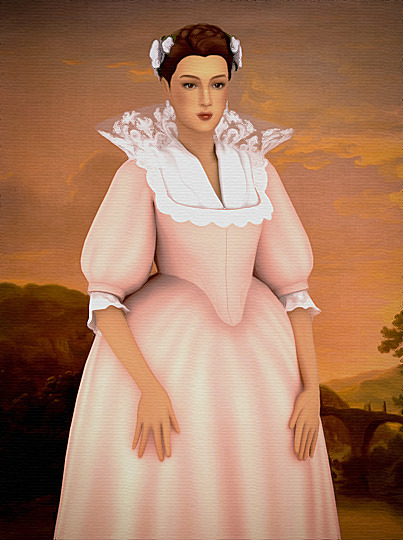

Ophelia of Lausanne, Queen of Windenburg (1620-1673) - Part 1
Hey guys! So over the last three months I've been working on the life story of Ophelia of Lausanne, one of the Queen Consorts of Windenburg during the 1600s and I've made a LOT of renders of her so I just thought I should share about her life :)
read about her BELOW
Princess Ophelia Thérèse Marie Hélène Françoise of Lausanne was born on August 27th, 1620, to Louis Henri II, Prince of Lausanne, and Princess Marie Thérèse of Magnolia. Ophelia’s paternal grandparents were Charles Joseph, Prince of Lausanne, and Princess Isabella of Calabria. Her maternal grandparents were King Louis IX of Magnolia and Princess Elizabeth of Windenburg.
Ophelia was born at Chateau de Angouleme, King Louis IX’s favorite country residence. At the time of Ophelia’s birth, her father had been overthrown as Prince of Lausanne and sought sanctuary at his father-in-law’s court. Ophelia’s mother, Princess Marie Thérèse, was King Louis' favorite daughter. The King was delighted with the birth of his granddaughter and organized several court entertainments in honor of her birth. Ophelia and her family initially lived with the King and traveled with the court between the King’s numerous residences. The Royal Governess, Marie Charlotte de Rohan, cared for Ophelia and her cousins during her infancy.
Throughout the 1600s, religious conflicts had plagued the continent which resulted in Lausanne being occupied by Peteran Forces. In 1623 after the conclusion of the War of Religion, the Treaty of Emden restored Ophelia's father to his throne. Ophelia and her family returned to Lausanne later that year and resided at the Chateau Moren. Ophelia was joined by two younger siblings who survived to adulthood, Prince Henri, and Prince Maurice. Despite residing in Lausanne, Ophelia, and her family often visited her grandfather, the King of Magnolia. Princess Marie Thérèse appointed her close friend and childhood companion, the Marquise de Villars, as governess of her children. Ophelia had a simple education, very typical of princesses of the time. Ophelia learned multiple languages, was a skilled musician and dancer, and learned horseback riding. She had a strict Jacoban education, overseen by the Bishop of Lausanne. Ophelia had a close relationship with her brothers who she would correspond with for the rest of her life. Many letters survive between her and her grandfather, detailing their close relationship with one another. On her 13th birthday, her grandfather, the King of Magnolia, gifted her ten stallions and a golden state carriage which currently is in the Windenburg Royal Collection and is used during official events.
Ophelia was considered beautiful and intelligent. She was a skilled musician and singer, enjoyed reading, and spoke seven languages. She was an accomplished woman for her time period and was extremely athletic. As a granddaughter of the King of Magnolia, she was considered a desirable bride by the Jacoban monarchs of the continent.
#sims4#sims#legacy#royallegacy#royalty#ts4 royals#ts4#ts4 royal#ts4 legacy#sims 4 story#ts4 story#s4 story#sims 4 historical#sims 4 history#sims 4 baroque#ts4 baroque#ts4 historical#windenburghistory
80 notes
·
View notes
Text
[CHARACTER STUDY: spencer reid]
intellectual prodigy and genius, doctor, supervisory special agent, team member, friend, victim, recovering drug addict, survivor...










[Elektra, Sophocles; @oldgodssuggestion on tumblr; You Shall Know Our Velocity!, Dave Eggers; The Great Flood, Joseph-Desire Court; Grief Lessons: Four Plays by Euripides, Anne Carson; Pie Fight, Adrian Ghenie; October, Louise Gluck; Recollections of My Nonexistence, Rebecca Solnit; Christina’s World, Andrew Wyeth; In The Pines: Poems, Alice Notley; Metamorphosis, Franz Kafka; Paradise Lost, John Milton; Comfort Food, Kate Jacobs]
(simply made because I love s3/4 even if the plotholes of his recovery terribly piss me off! sometimes you have to make it yourself)
#spencer reid x reader#spencer reid moodboard#webweaving#criminal minds x reader#criminal minds#ripley!verse
107 notes
·
View notes
Text

La Mort D'hippolyte - The Death of Hippolyte
(1825) “Oil on canvas, 35 x 46.5 cm” [Musée Fabre, Montpellier, France] — Joseph Desire Court (French; 1797 – 1865)
According to Greek mythology, Hippolyte, banished by his father Theseus, met his death when his chariot was attacked by a sea monster and he was dragged away by his own horses.
35 notes
·
View notes
Text
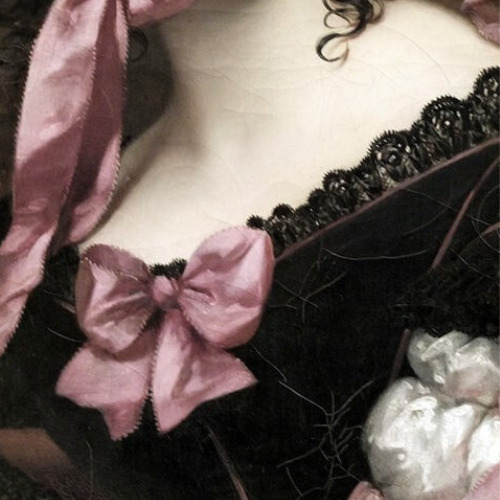
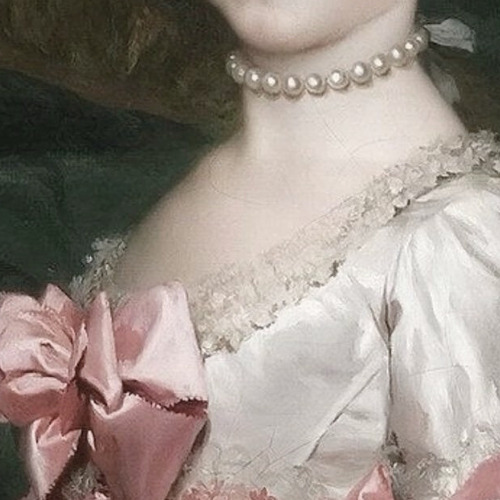
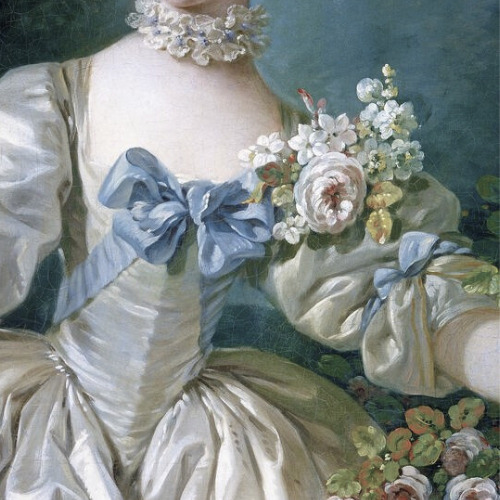
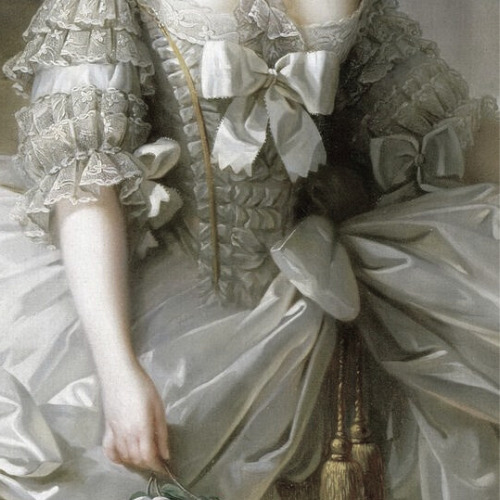
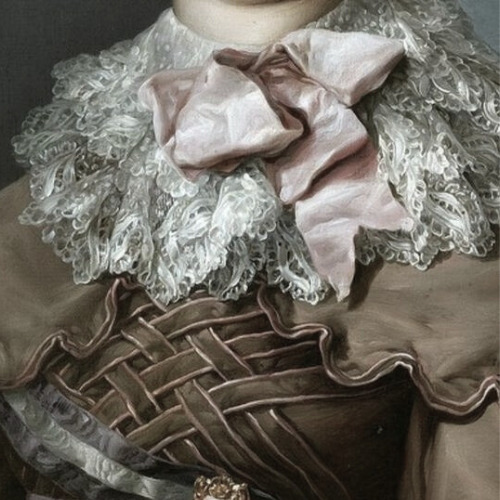
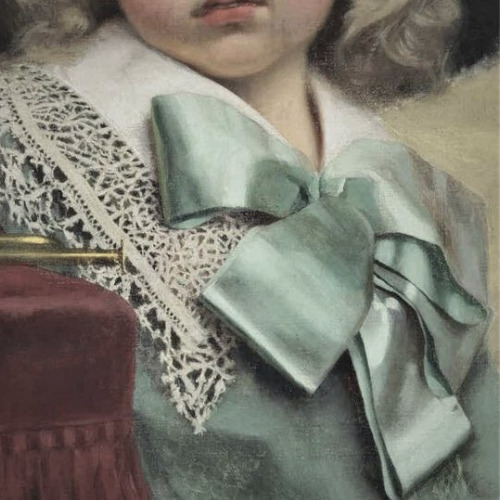
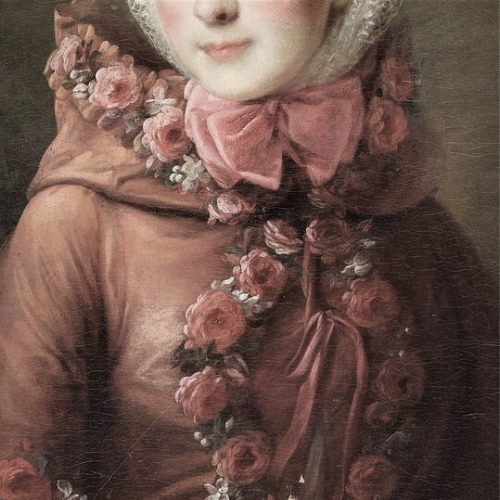
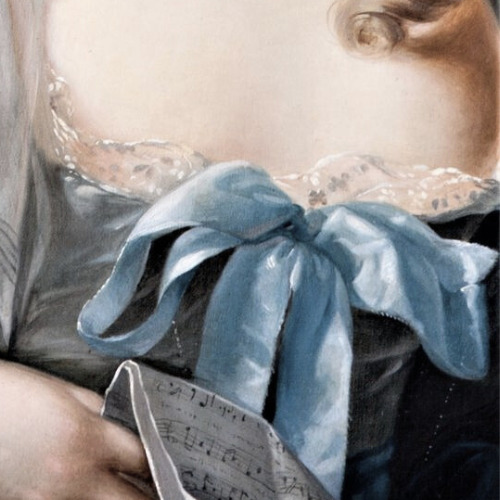
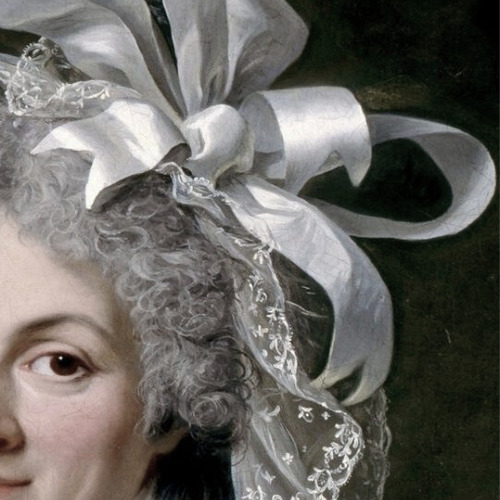
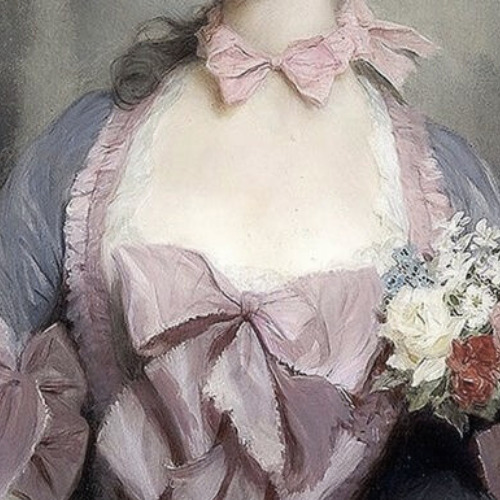
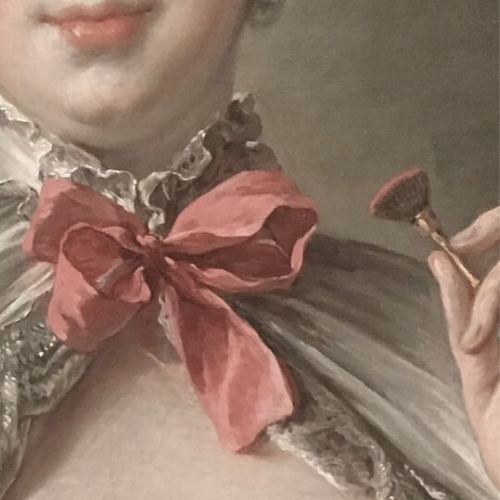
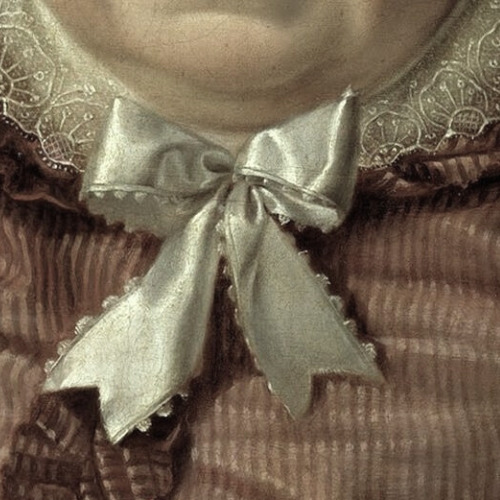
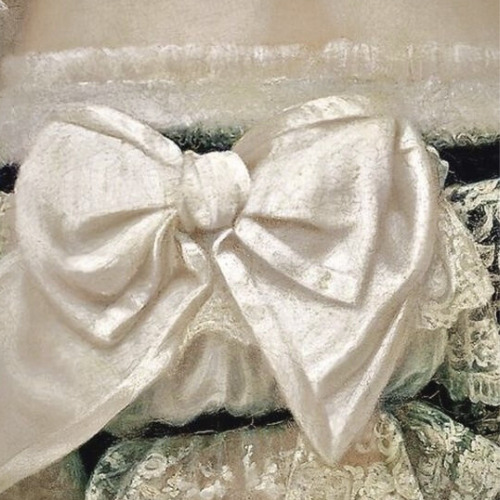
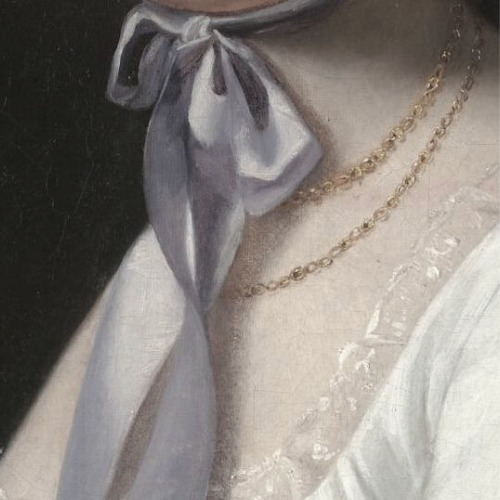
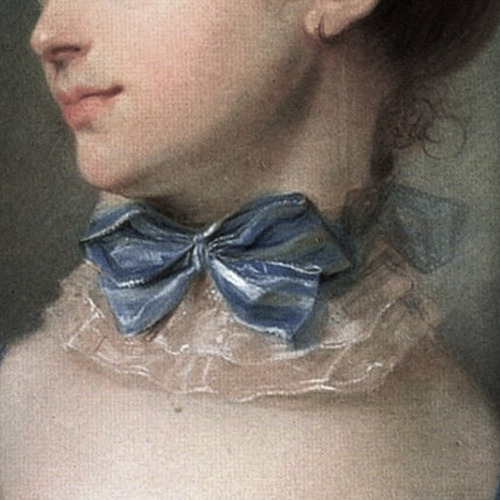

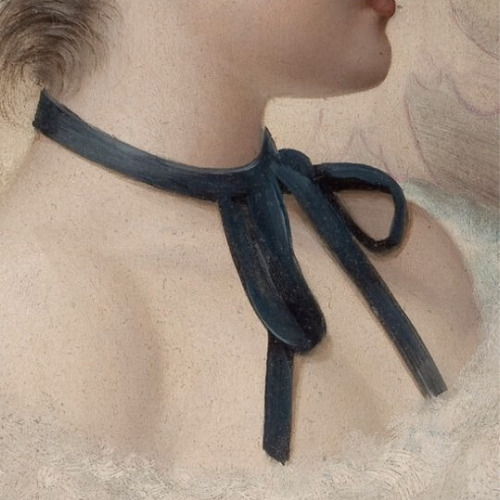
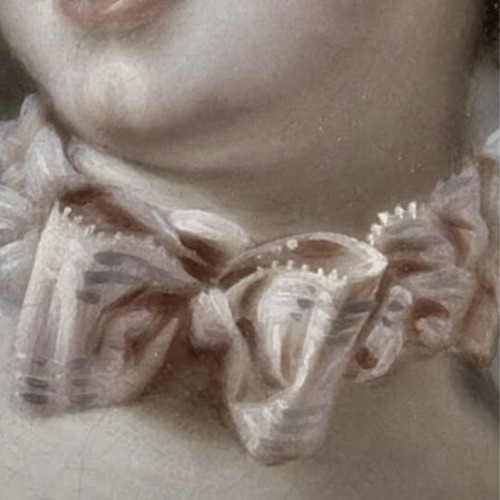
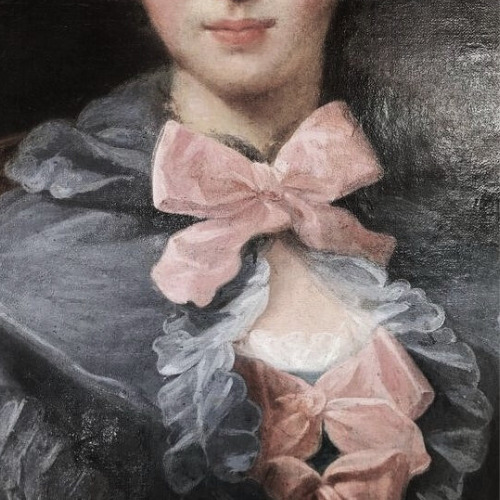
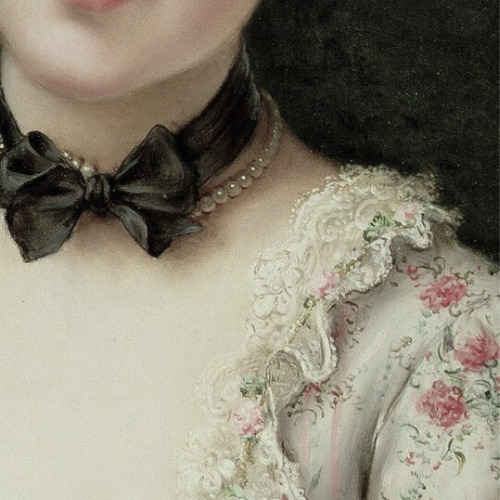
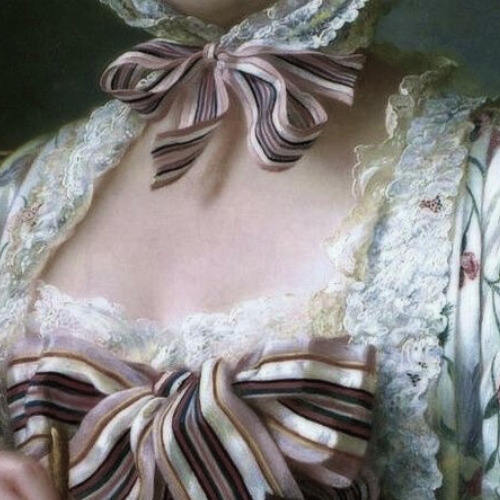
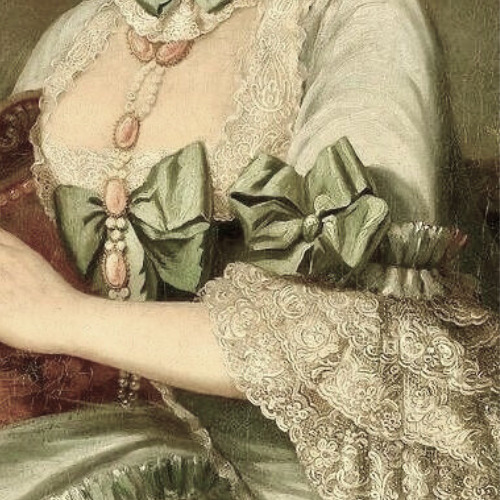
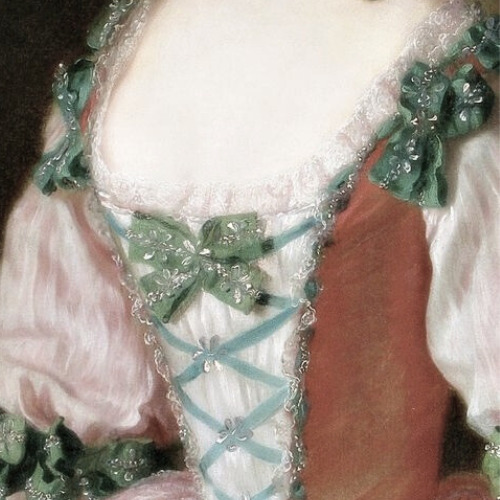
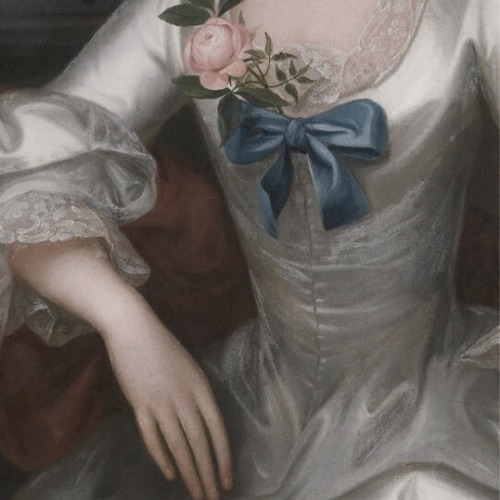
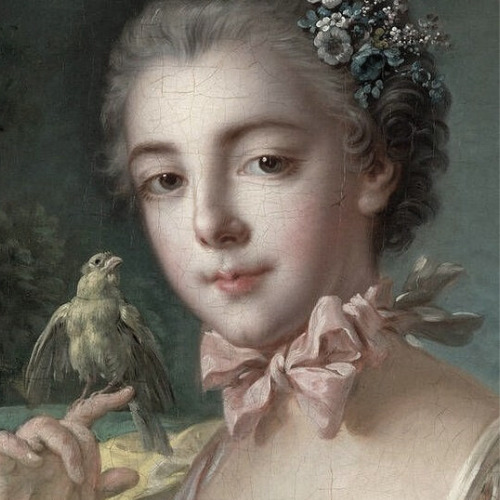
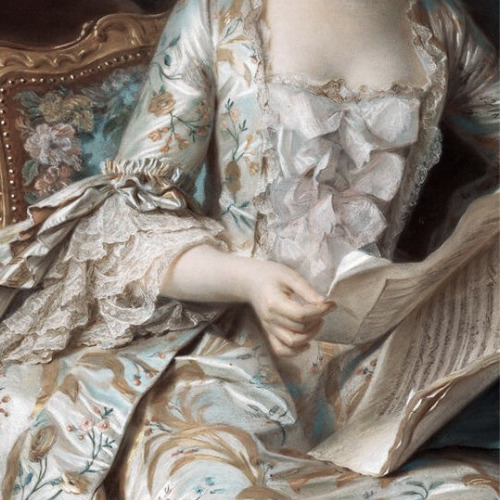
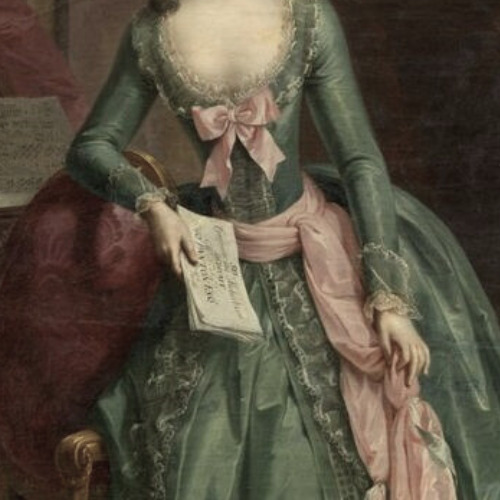
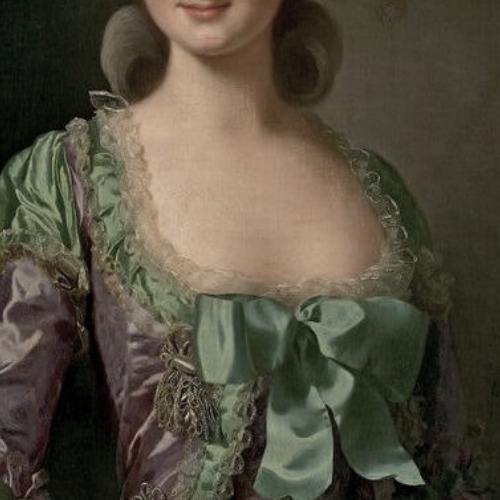
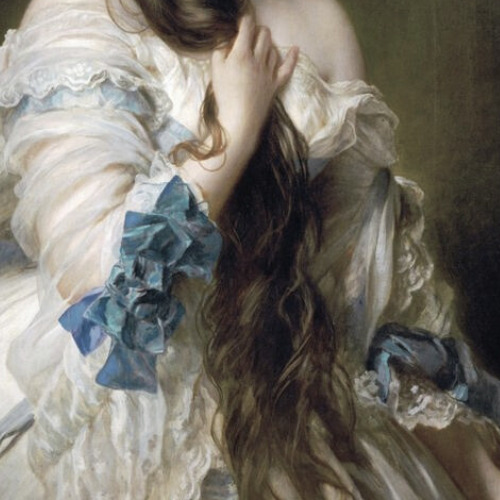

bows in art
#artist is joseph-desire court#artist is anton raphael mengs#artist is francois boucher#artist is elisabeth vigee le brun#cant find artist#artist is frederic soulacroix#artist is francis hubert drouais#artist is elisabeth vigee le brun-#artist is adelaide labille guiard#artist is lucius rossi#artist is jean honore fragnoard#artist is ferdinand georg waldmuller#artist is george raab#-cant find artist-#artist is jean-baptise perronneau#artist is joseph-desire court-#artist is vittorio matteo corcos#artist is francois boucher--#artist is francois boucher---#artist is francois martin kavel#artist is francois-hubert drouais#-cant find artist----#artist is charles amedee philippe van loo#i think artist is allan ramsay#artist is francois boucher------#artist is maurice de pompadour#artist is johann heinrich tischbein#artist is alexander roslin#artist is franz xavier winterhalter#artist is -alexander roslin-
359 notes
·
View notes
Text

El diluvio, detalle - Joseph Desire Court
29 notes
·
View notes